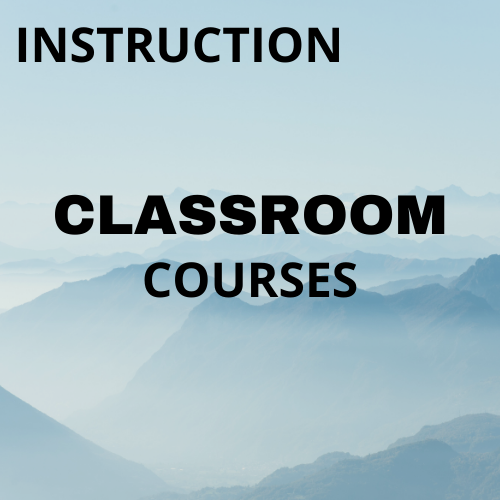Registered Nursing
Associate of Science


The Associate of Science in Nursing (ADN) pre-licensure program curriculum provides the student with a greater understanding of how health impacts patients and how patient care impacts the healthcare delivery system. Students will learn a multi-system approach to care using Quality and Safety Education for Nurses (QSEN) competencies. Pacific College’s pre-licensure program meets all educational requirements to apply for licensure by examination in California and attempt the National Council Licensure Examination (NCLEX-RN®).
Our program offers instruction in the classroom, and clinical experiences at hospitals, simulation labs, and community agencies.
ADN-BSN Collaborative Pathway
Our ADN pre-licensure students are eligible to pursue the ADN-BSN Collaborative Pathway and also earn a Bachelor of Science in Nursing (BSN) degree from Pacific College. This opportunity can allow students an earlier licensure opportunity than available from a Pre-licensure BSN program, and may allow our licensed ADN graduates to work as a Registered Nurses while continuing their education to earn a BSN degree.